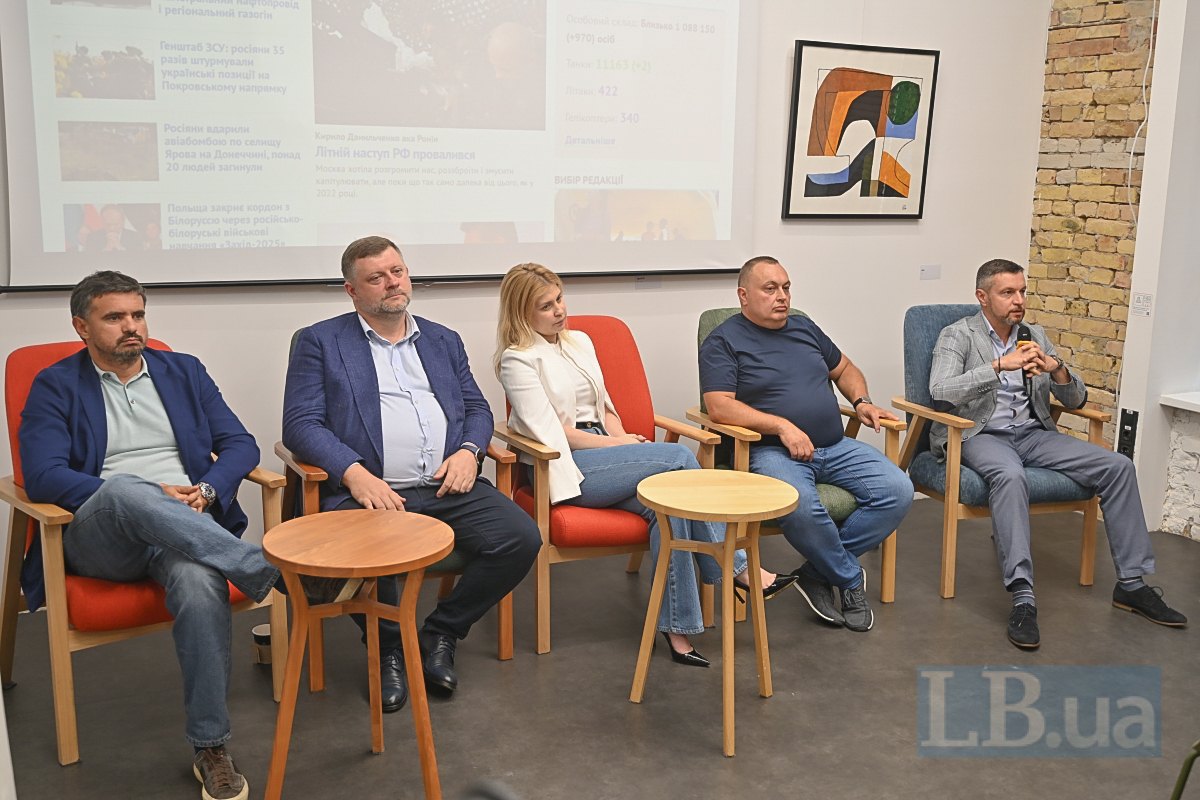
The "Cold War" on the American front
The "Cold War" is how Ukraine's new ambassador to the United States, Olha Stefanishyna, who has already officially taken office, described what is currently happening around the United States on the part of Ukraine and Russia.
In her opinion, perhaps the most difficult challenge she will have to deal with is the legitimisation of Russia's presence in the United States, which has not been seen before.
“On my way here, I watched Kirill Dmitriev’s very complimentary appearance on Fox News prime time. He talked about Russian minerals, the attractiveness of the Russian economy, and investments," Stefanishyna said. And this, according to her, is happening against the backdrop of the return of the Russian ambassador to the United States, the opening of Russian churches, and changes in the rhetoric of the United States itself regarding the war and its role in ending it.
At the same time, the ambassador emphasises that Russia attempts to resolve issues quietly under the guise of public manipulation.
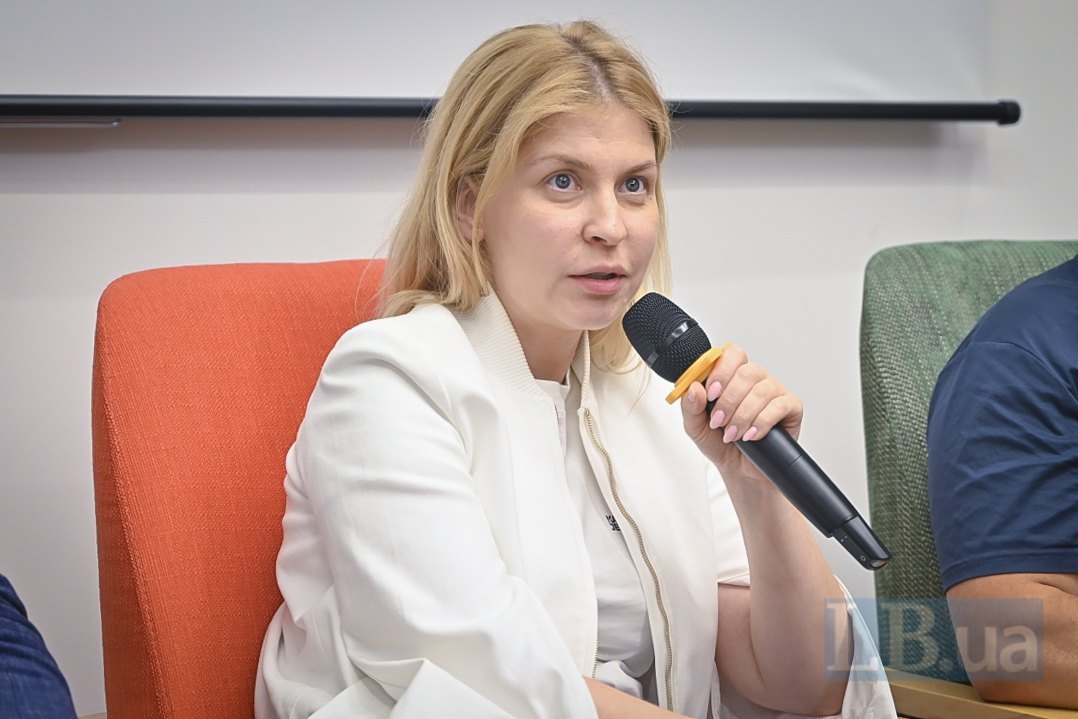
"First, the meeting will be bilateral, then trilateral, then it will be in Moscow, and maybe in Beijing. This is all a public smokescreen. We are not against the meeting, but not on terms that are impossible. Russia's main goal is to resolve the issue along the way. On the way to peace talks, on the way to the meeting.
While we as a country are waiting for the war to end and want peace more than anyone else in the world, believe in it, hope for it, and are making every effort to achieve it, for Russia it is just a pretext to resolve its issues along the way,” notes Olha Stefanishyna. “The meeting in Alaska is a pretext for participating in events that took place in Beijing [where the Russian president took part in a military parade and discussed strengthening cooperation with China and North Korea].”
The ambassador considers her main task to be keeping the focus on the Ukrainian issue — understanding the intentions of each player who has a role to play in ending the war in Ukraine and rebuilding the country.
"We must ensure that, regardless of how events unfold, European countries can purchase American weapons and that they are sold to Ukraine," Stefanishyna emphasised.
According to her, work is currently underway at the coordination level and to "define the role of each player, because NATO also wants to play a certain role.”
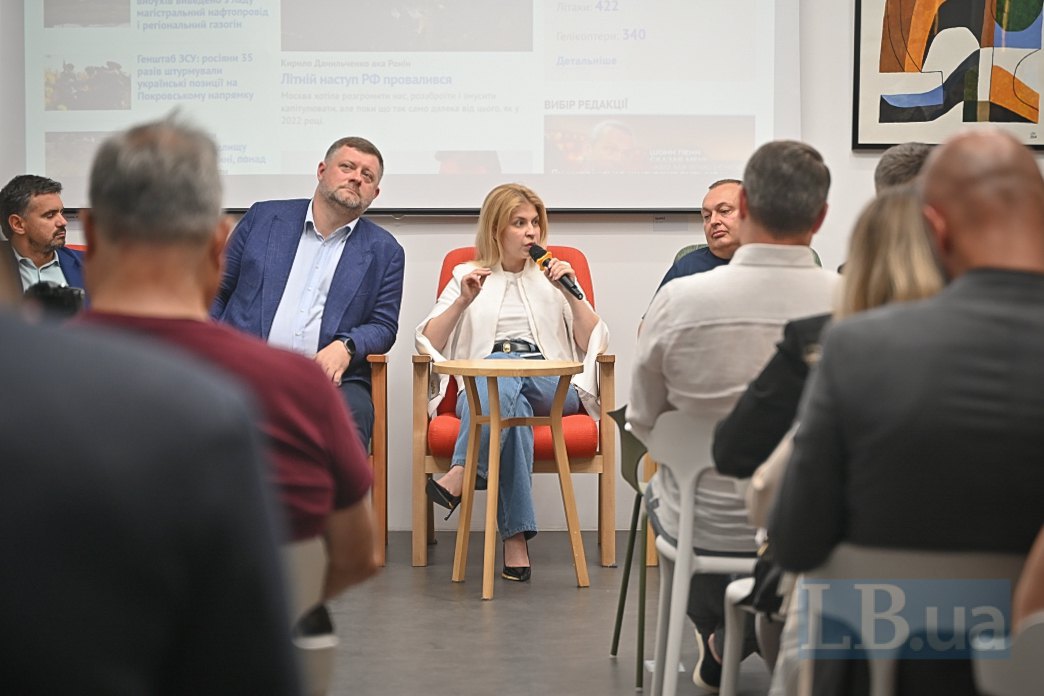
"Last year, we created a special mission responsible for coordination, planning, and logistics, so this entire foundation is in place. When we created this mission, we thought we had anticipated everything, but we hadn't. We did not foresee that it would be involved in financing and managing funds for the purchase of these weapons, so this component is still being finalised," Olha Stefanishyna explained.
According to her, after several conversations between President Zelenskyy and President Trump, the decision to allow the sale of American weapons has been implemented.
"And it is a matter of time and coordination when this agreement will be finalised. Here I can quote Mark Rutte, who said that 'money is not a problem'. That is, negotiations with the President of the United States during the summit in The Hague and afterwards were structured in such a way that the American side could not get involved in a discussion about who paid more.
The European Union came to the United States with the position that money is not a problem, give us weapons. Therefore, I hope that my work on the European front will help to better coordinate with partners in Washington," she added.
Stefanishyna also notes that agreements on security guarantees for Ukraine have been formulated, and this document can be adopted independently of agreements with the Russian Federation. "All further steps to end the war will depend on what this agreement will be like and how quickly it will be implemented," the ambassador believes.
To improve the investment climate, Ukraine also plans to agree on the protection of American investments in the trade sector, similar to that provided for in the mineral agreement.
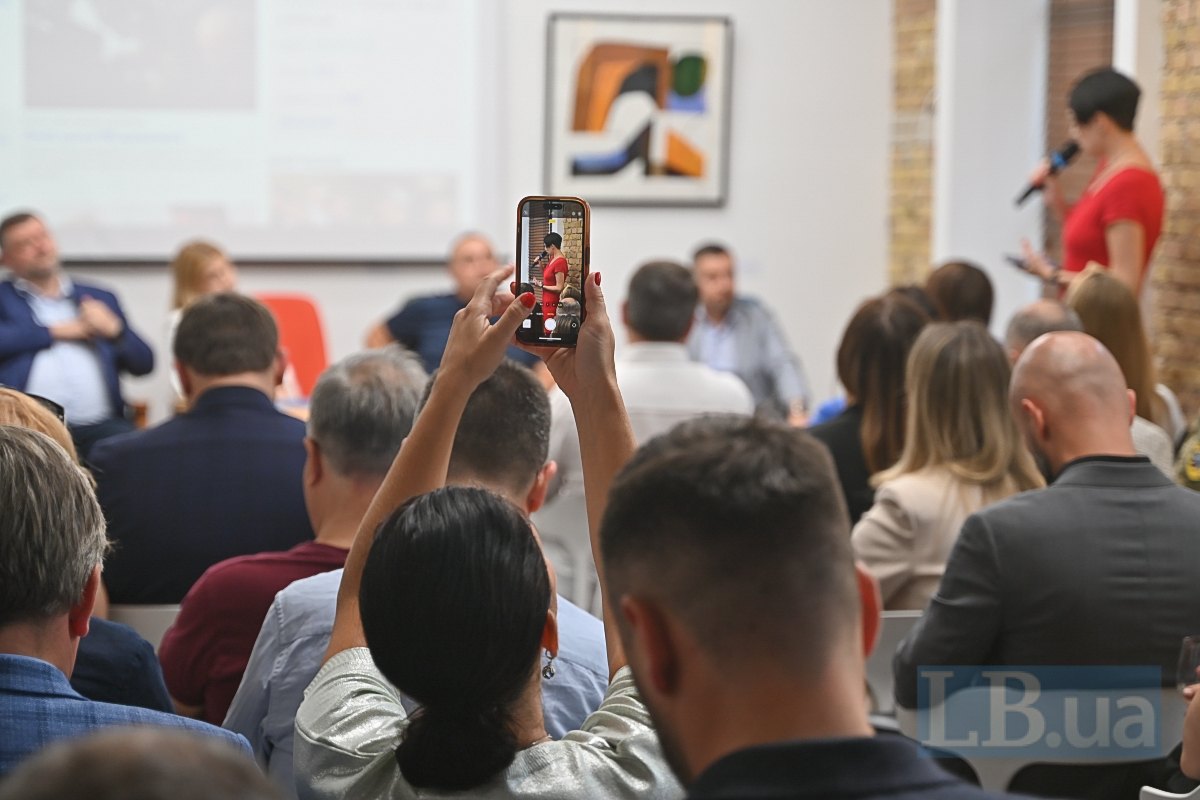
China's "cautious" strengthening?
China's support for Russia in the war with Ukraine is becoming increasingly apparent, noted businessman and head of EFI Group Ihor Liski. Whereas previously it only provided technical assistance to Russia in the form of machine tools, now the Russians are also receiving components from them.
However, according to other participants in the discussion, China will maintain a certain balance. In particular, Olha Stefanishyna believes that China, "despite all the turbulence in the world, remains the most predictable and honest."
Illya Pavlenko, a representative of the Defence Intelligence of Ukraine, noted that China always acts only in its own interests, but Russia's reliance on it is obvious.
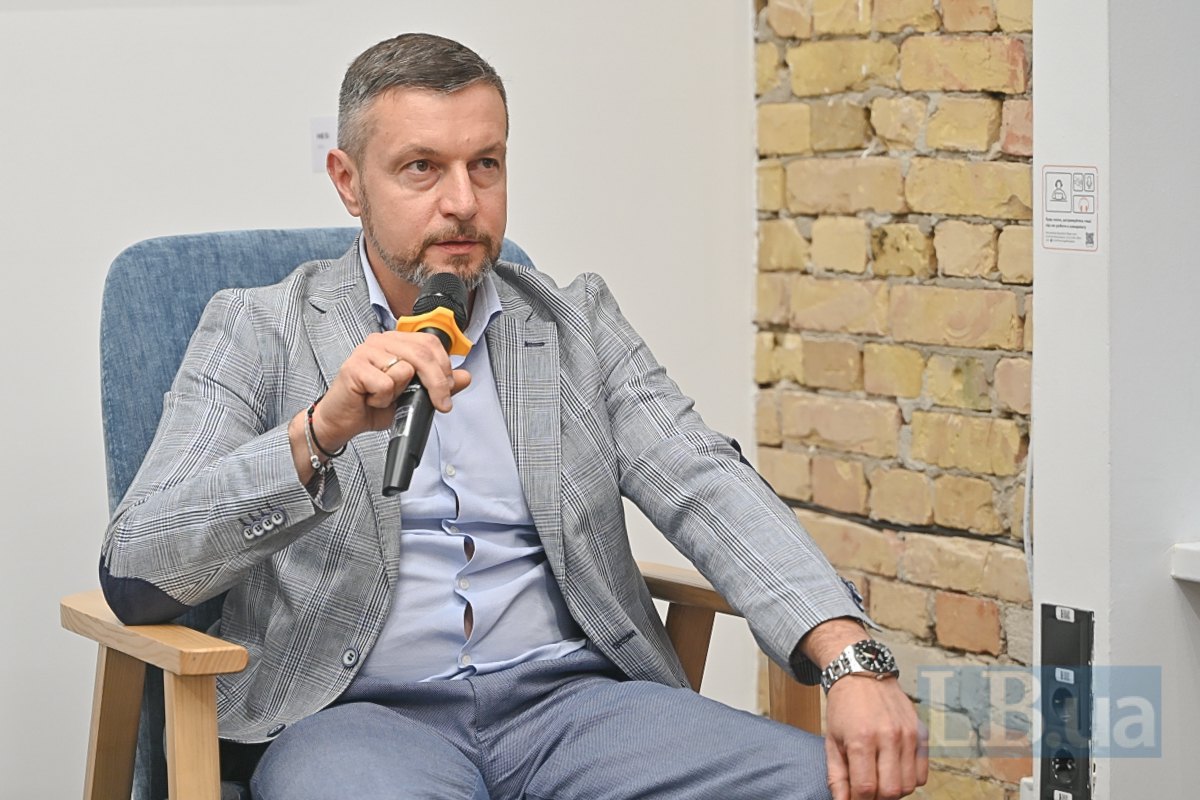
“China is not interested in problems on its border, so they are acting in this way, and have even officially stated that they do not want Russia to lose or fall apart, on the one hand.
On the other hand, China also has economic interests in Europe. Therefore, they will act cautiously so as not to lose the opportunity to continue economic cooperation and trade with Europe. And, in principle, Ukraine is also of interest to them, because it is one of the corridors for supplying their products to Europe. And China still supports all sanctions and acts, let's say, covertly with the help of its own special services," Pavlenko said.
But this challenge is certainly a serious one, he emphasises.
"We see that Russia (and I think the Americans have understood this) has ultimately chosen not peace, but a coalition with China as the country they are betting on, hoping that China will prevail and become the hegemon.
Otherwise, why would they get rid of all their dollars and build up reserves in yuan, apparently hoping that the yuan will one day become a reserve currency, from which they will benefit? Therefore, this is indeed a significant and serious challenge," emphasised Illya Pavlenko.
How the situation on the front will develop
Currently, according to DIU representative Illya Pavlenko, Ukraine is at a point of uncertainty. In his opinion, there are two possible scenarios for the future: a continuation of the active, hot phase of the war, or its gradual decline, which, however, does not mean the end of the war.
In the first case, Russia will try to press on, exhausting our human, technical and financial resources. In the second case, we will have a limited opportunity to build a new security architecture that will help us win the war and protect ourselves from a new attack by the Russian Federation, because it will not stop as long as it has the opportunity to advance even slightly, the DIU representative is convinced.
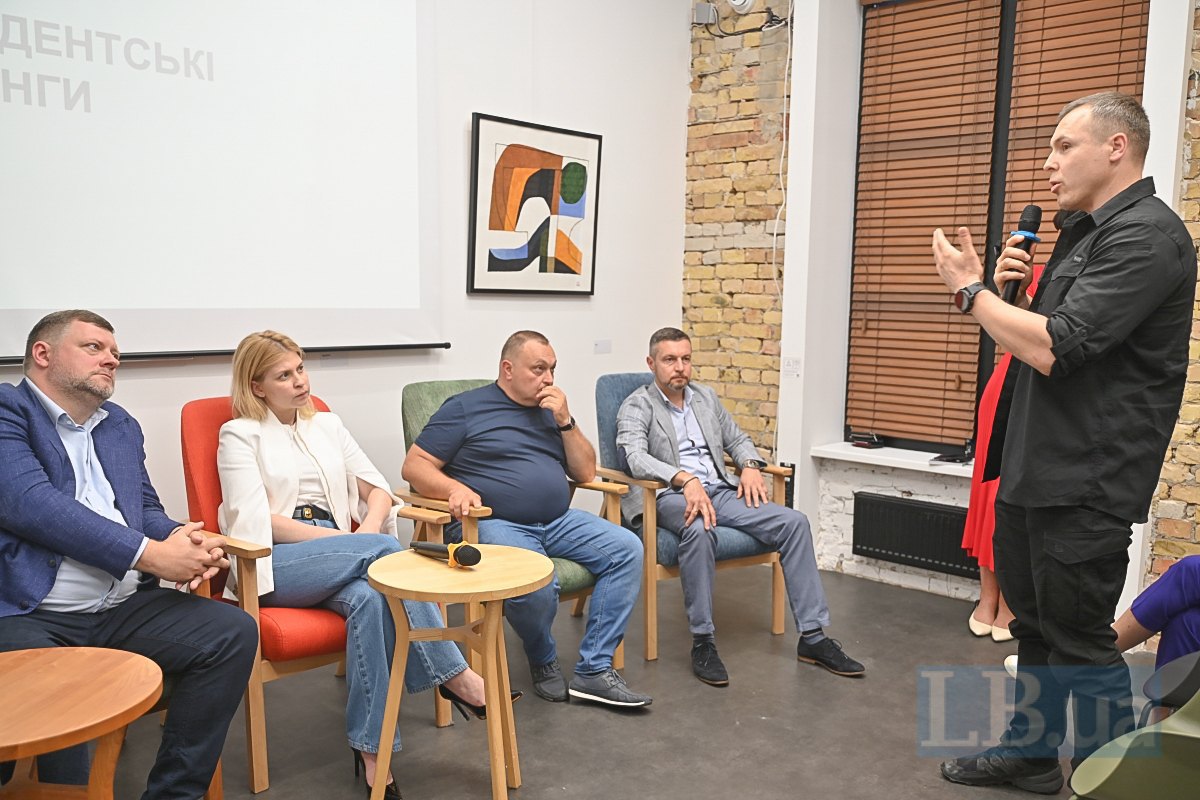
"When we talk about security, we mean not only the army and the front line, but also other components. These include information resilience, a healthy economy, cyber hygiene, and cyber security. And, perhaps most importantly, social unity.
It is these components that form our shield, which will enable us not only to win, but also to build a path to stable development for the country in the long term," Illya Pavlenko expressed his confidence.
In his opinion, the new security architecture will be determined by the country's responses to multidimensional challenges.
First and foremost, this is undoubtedly the hot phase of hostilities. Pavlenko notes that the DIU is doing everything it can to stop the intensity of the offensive through asymmetric actions, in particular by undermining the military and economic potential of the Russian Federation by attacking relevant targets on Russian territory.
"Any war is fought for money. Without the ability to supply its own armed forces, including with fuel, and without the ability of the economy to generate income, not only Russia, but any country that dares to take such actions will lose its capabilities," the intelligence officer added.
Another challenge is the uncertainty surrounding international support: it exists, but its scope and timing fluctuate. According to the DIU representative, concrete steps are needed to strengthen the support of partners and, at the same time, to seek solutions to reduce dependence on it.
And thirdly, our ability to defend and develop depends on internal stability and the ability of internal institutions to function without disruption. According to Illya Pavlenko, this applies both to the economy, which generates income, and to society, which maintains a horizon of trust and does not lose motivation.
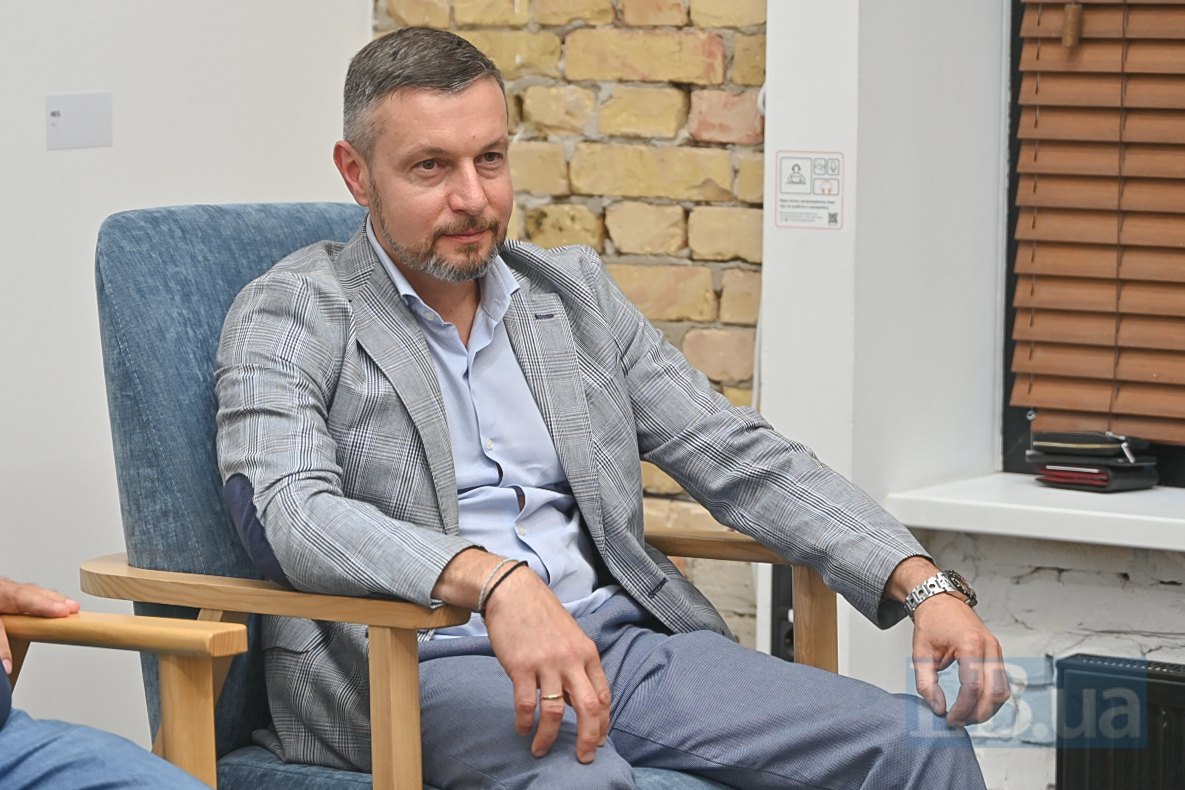
"Ukraine's security is not a one-off campaign related to the war. Nor is it the sole responsibility of the security forces. I believe that security is a new philosophy of Ukrainian statehood. If we transform our daily efforts into operational security, we will not only be able to survive, but we will be able to win in the long run.
...Whatever the trajectory of events, we must become a unified system. The army must become a front for the rapid implementation of innovations. The government must become a factory for correct, intelligent decisions and services. Communities are our support. International diplomacy is a multiplier of internal efforts.
And even if the hot phase subsides, the window of opportunity will be very, very short. If we do not establish a new security architecture within 12 to 24 months, the so-called Russia's revenge within three to five years is very likely. We need to understand this and build opportunities for our economy, first and foremost by working during times of risk, creating a military economy, a security economy," summarised the representative of the Defence Intelligence of Ukraine.
What is happening to society?
Society continues to strongly dislike Russia and considers it to be its main problem, says Oleksiy Antipovich, head of the sociological group Rating. Eighty per cent of Ukrainians do not see any restoration of relations with Russians, although 20 per cent of them consider such a possibility in 20-30 years, but not now, adds the sociologist, presenting the results of a relevant study.
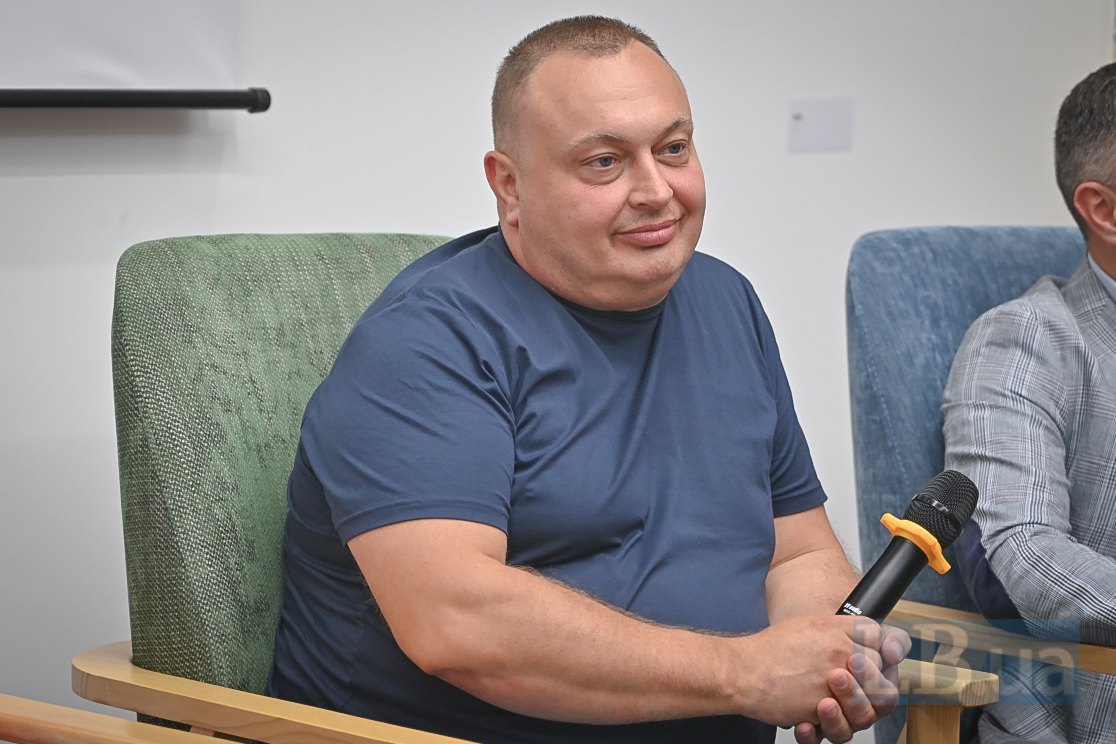
However, according to him, the main changes since 2022 have occurred in the population's perception of ways to resolve the war. While in 2022-2023, 73% of Ukrainians saw the return of Crimea and Donbas as the desired scenario for the war, today 82% are in favour of seeking a compromise through negotiations, and 20% of them are in favour of direct negotiations with Russia, says Oleksiy Antypovych
"In other words, 80% see negotiations as the real way to resolve the war, and only 11% see continuing military action. This is where society stands on the issue of war," Antypovych emphasises.
But the main thing about these figures, he stresses, is that they do not mean peace at any price. 75% of Ukrainians agree to a ceasefire only if security guarantees are provided by the US and Europe.
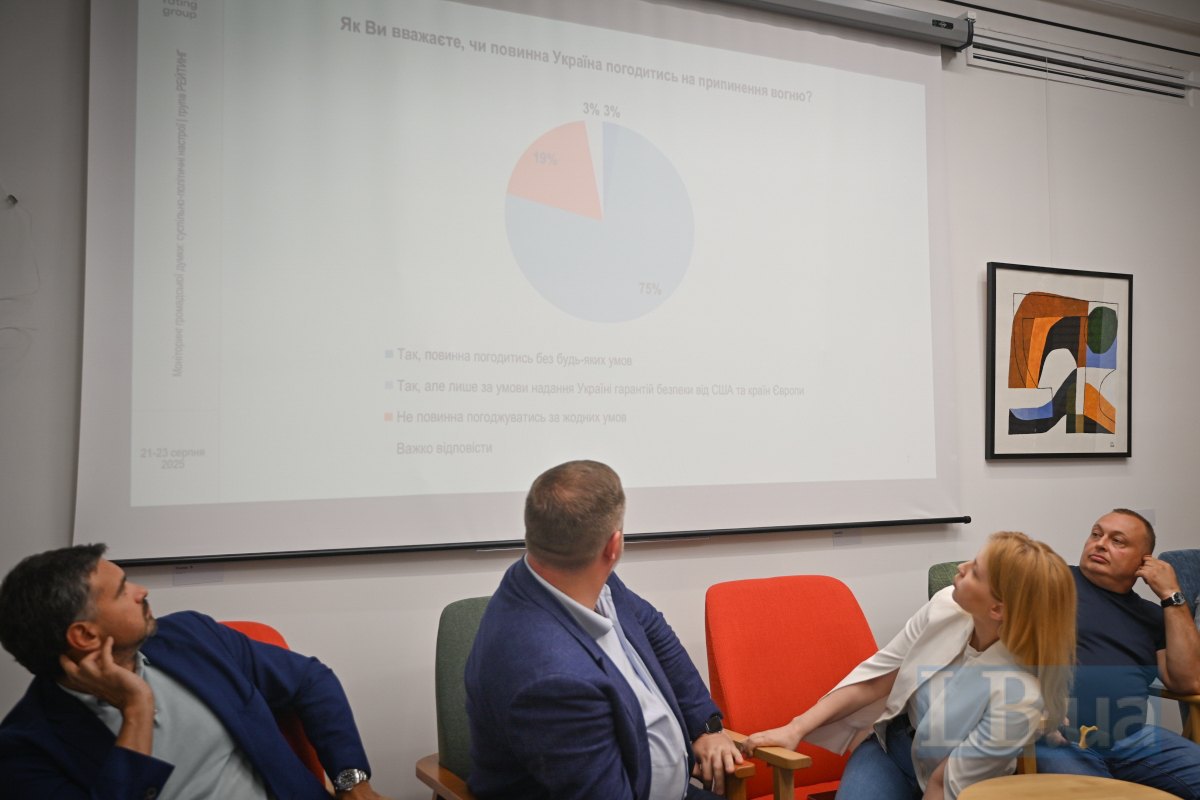
Antypovych cites data on security guarantees: Ukrainians do not expect NATO or European troops on their territory and do not believe in a bilateral agreement with Russia.
"Give us funding for the Ukrainian army and guarantees of weapons. That's what Ukrainian (52% of the population) is saying. If we take our other studies on what Ukrainians are willing to do for victory, for their future, we see that responsibility for themselves and their country comes first. So give us money and weapons, and we will fight ourselves and defend our territory ourselves," said the sociologist.
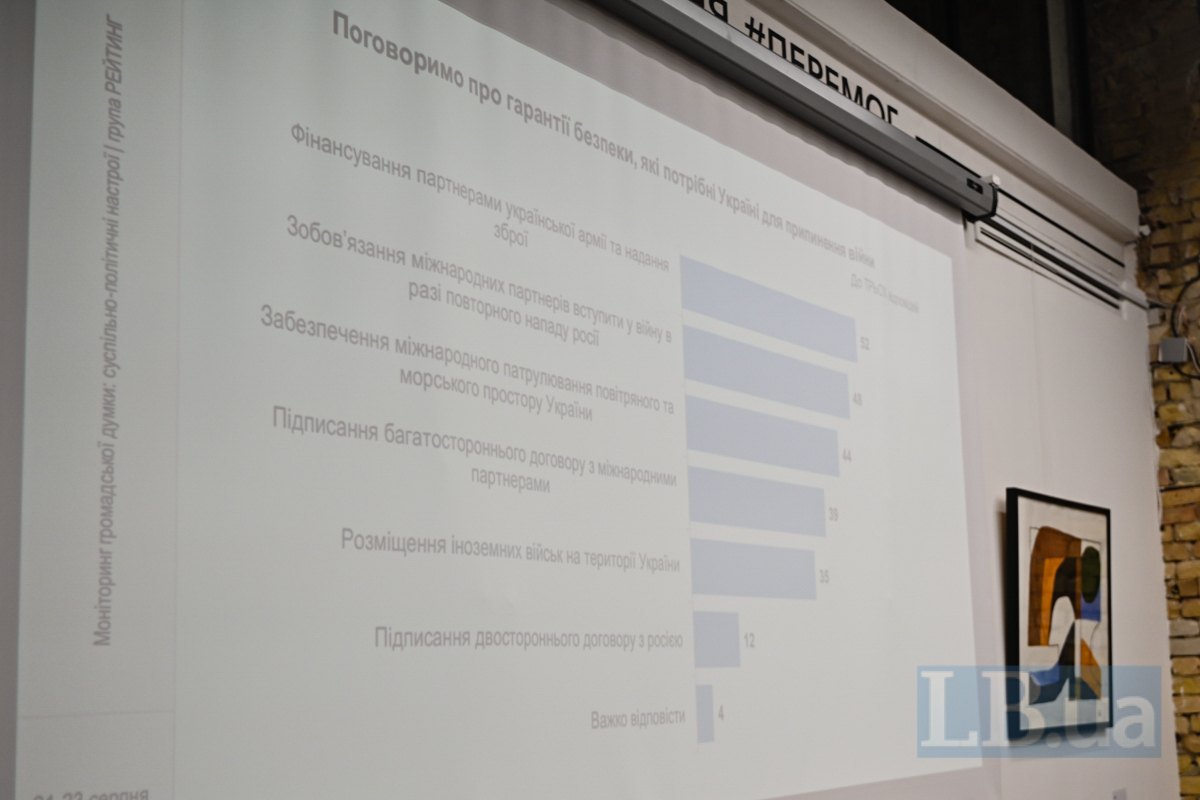
An analysis of values, says Oleksiy Antypovych, shows that family remains traditionally the most important thing for Ukrainians, and it is this that drives us towards security and freedom.
"Responsibility, independence, and mutual assistance help us achieve security and freedom. Even mutual assistance, then independence. Independence means that we will stand on our own battlefields, just give us money and weapons.
And mutual assistance is all of this: volunteering, uniting, helping, and the absence of mutual quarrels not only between Ukrainians as such, but also between politicians whom Ukrainians look up to," the sociologist outlined the trends.
Despite the fact that four years of major war have significantly changed Ukrainian society, victory, war and the enemy are the factors that unite Ukrainian society.
What divides it?
What divides Ukrainians?
One of the main challenges for society, which was highlighted by the speakers on the discussion panel, is the influence of disinformation and PSYOP. Illya Pavlenko, representative of the Defence Intelligence of Ukraine, recalled that Russia has always relied on breaking the will of peoples to resist and has encouraged civilians to collaborate — through genocide and repression in the territory under their control and through PSYOP and disinformation — remotely.
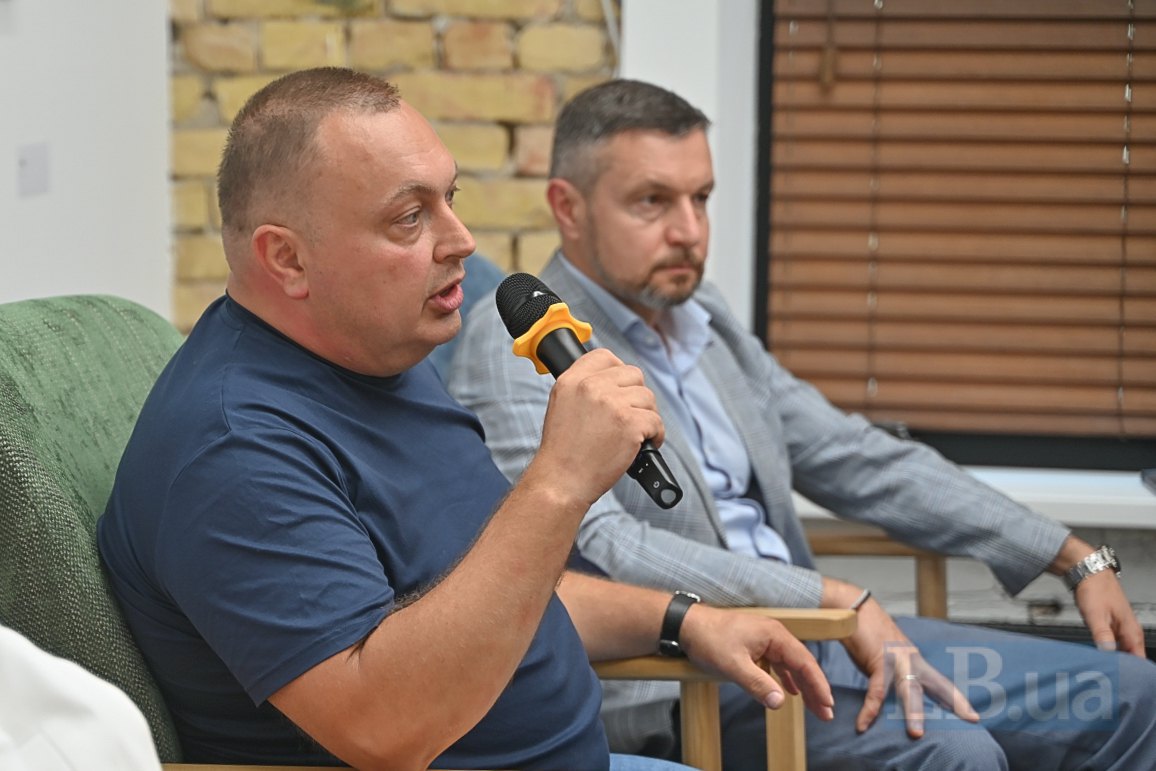
Due to psychological exhaustion from combat operations, both civilians and military personnel are very susceptible to disinformation, he noted. This is confirmed by opinion poll data, Oleksiy Antypovych added: 59% of Ukrainians are influenced by disinformation, and those who are convinced that they can distinguish it rely solely on their intuition. Therefore, the information challenge for us is enormous.
According to Artur Herasimov, a member of parliament from European Solidarity, this once again raises the issue of banning Telegram in Ukraine, as Russia recruits traitors through this messenger.
A representative of the DIU believes that the reason lies not in the resource itself, but in people's education.
"Before Telegram, they used other social networks and recruited in the same way. If we close Telegram, they will move to Viber, for example, which is widely used by our businesses. That won't help. Then, as in Russia, we will have to shut down the internet. This means that businesses, such as cash registers, which are necessary for the economy, will not be able to operate. Therefore, there is only one solution — to start with our children and promote literacy.
There are estimates that, for example, people of the Catholic Church are less susceptible to propaganda due to their higher literacy rates. The Moscow Orthodox Church has entire manuals on how to spread rumours, and they will find many channels to exert influence," noted Illya Pavlenko.
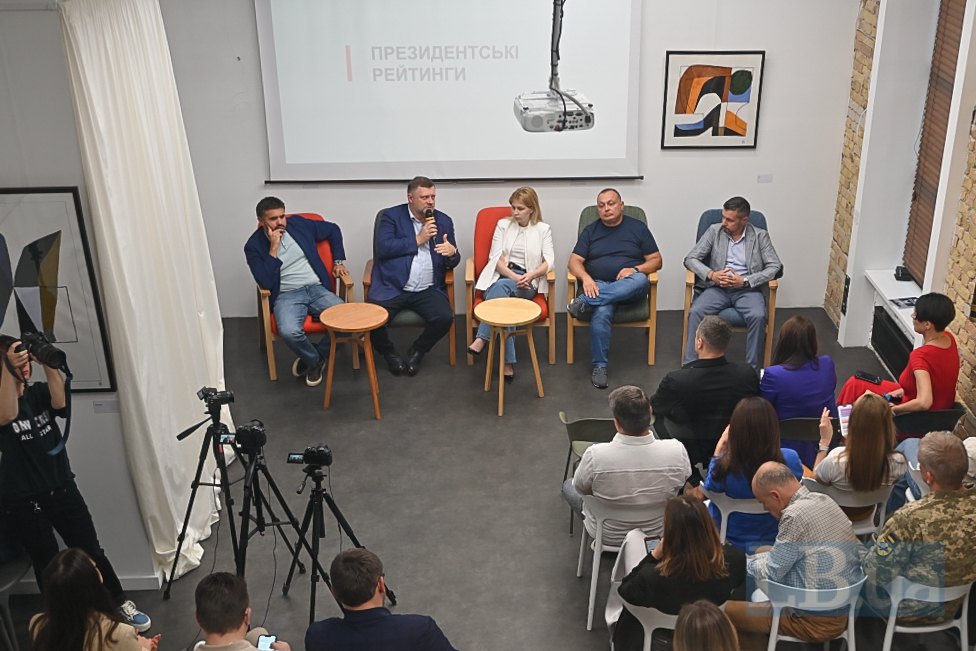
According to him, this problem requires systematic work, not bans. And, first of all, attention should be paid to the language spoken by children.
In addition, the DIU representative emphasised that the SBU is working effectively with this channel — not detention — the Telegram communication channel.
"It is not always necessary to ban what helps us ensure security. Western partners know that an established diplomat-intelligence officer is coming. Do you think they won't give him agrément? They will, because they know how and where he works and with whom. They will control him, feed him their information and find positive benefits from this," Illya Pavlenko concluded on the subject of Telegram.
Another conditional line that divides Ukrainians is emigration. In Ukraine, the demand for personal and national security is currently at its highest, explains Oleksiy Antypovych, head of the Rating group. This means that people abroad have twice the demand for their own comfort, which is why they have traded it for state and national security. Therefore, the question of how those who are currently abroad can participate in the conditional elections is a matter of debate. And society will certainly not tolerate such candidates running for office.
"If you didn't fight, didn't help, weren't a medic, didn't volunteer, you have no business being there. If you were abroad, a refugee, Ukrainians do not support your right to run for office. A person who has spent the entire war in the shadows will not be able to run for office on some wave of popularity; it will not work. Ukrainians will not forgive such opportunism. And PR during the war is also unacceptable," said Oleksiy Antypovych, citing research by the Westminster Foundation for Democracy.
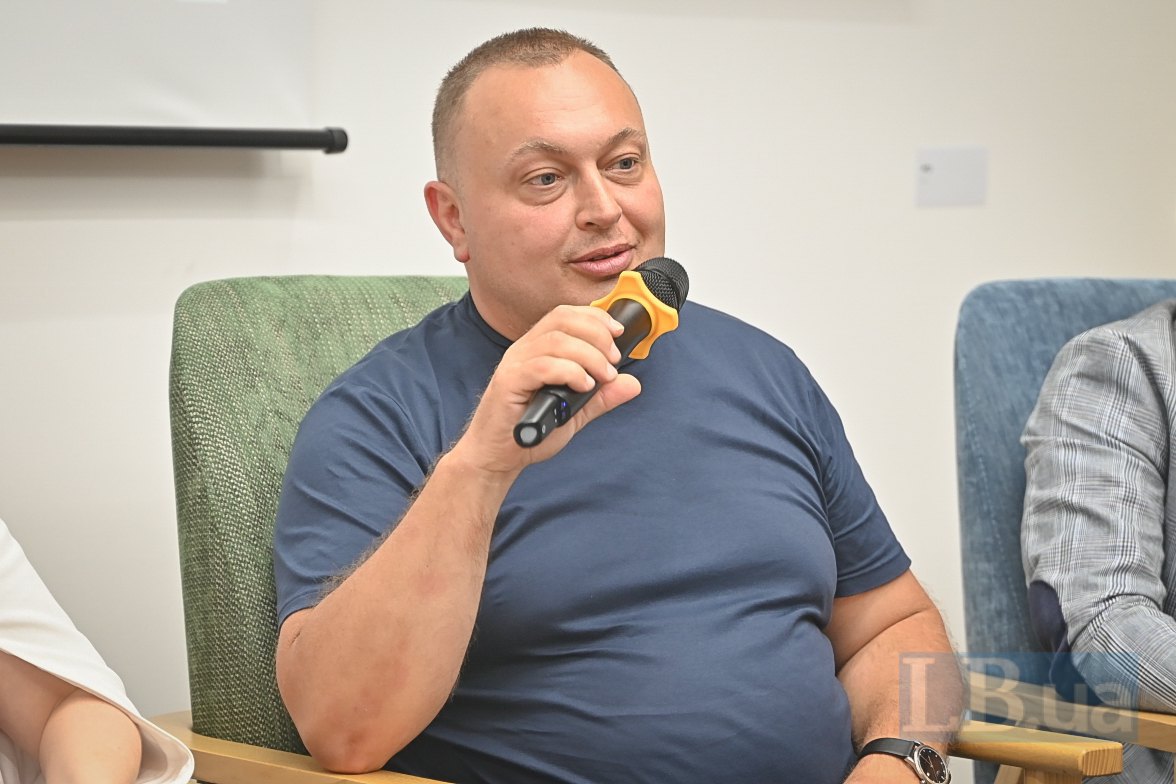
And, in fact, the third challenge, potentially divisive for society in a state of war, is the elections themselves. Traditionally, Antypovch reminds us, Ukrainians have a high percentage of distrust towards people with different political views, and therefore towards politicians and political parties.
And despite the fact that society has somewhat missed elections and even if they do take place, most Ukrainians will come and vote, the majority are categorically opposed to holding them during wartime.
Are preparations for the elections really underway?
It would be nice if elections were held in this country someday, said First Deputy Speaker of the Verkhovna Rada Oleksandr Korniyenko. He admits that deputies are tired of sitting for the seventh year in a row. This is the first convocation in the history of Ukraine that has been working beyond its term, while five of the nine previous ones were dissolved early.
"When some MPs congratulate us on our birthdays, they write: 'Health, success and freedom from this building,'" said Mykhailo Radutsky, a colleague from the same faction, admitting that he himself would not mind leaving parliament.
However, at least until a lasting truce is reached, Oleksandr Kornienko claims that elections are impossible.
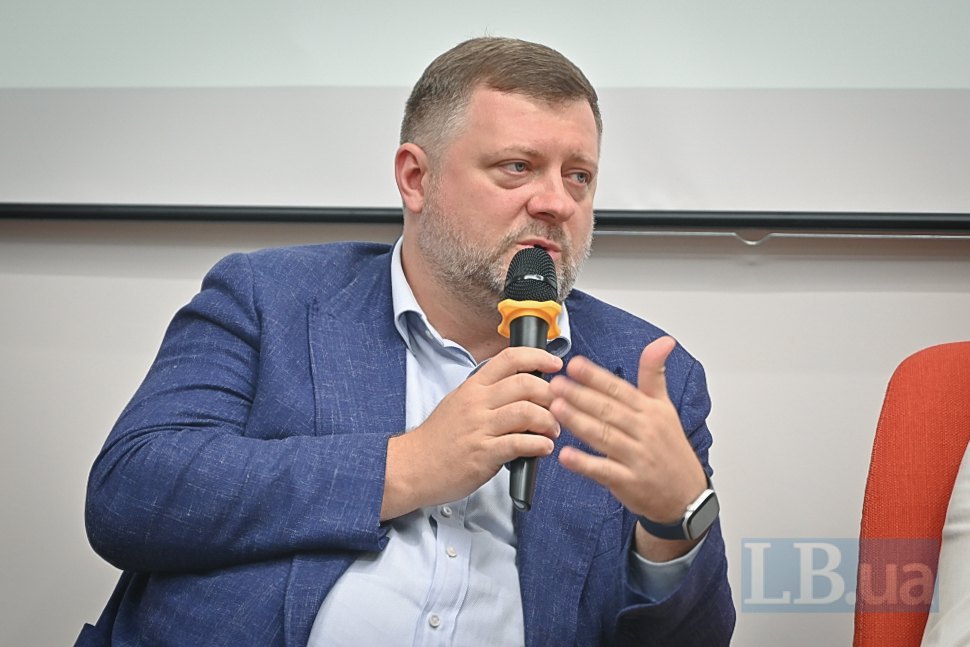
"Right now, we are technically being attacked by approximately 700 Shaheeds. On election day, there could be as many as 5,000. Even with our air defence capabilities able to shoot down 95%, that leaves 5% — more than 200 suicide bombers. That's 200 polling stations in Kyiv or elsewhere. These will be the bloodiest elections in the world. Who needs that?" argues the deputy speaker of the Verkhovna Rada.
But preparations and work on electoral legislation are underway, he acknowledges.
"There are two approaches. The first group includes representatives of our respected civil society organisations — Olha Ayvazovska, OPORA, IFES (The International Foundation for Electoral Systems, a non-profit international organisation that supports citizens' right to free and fair elections. — Ed.). They say: as soon as the elections begin, there will be such a mess, chaos, you will write something wrong, forget something, fail to legalise temporary polling stations, and something else, and it will be difficult to hold the elections. They can be understood; they are election experts. They want to prepare a high-quality text in advance with all the nuances.
On the other hand, there are many people who always know that as soon as you say the word "elections" out loud in the Verkhovna Rada, the elections begin. What does this mean? Someone starts gathering campaign teams, conducting polls, recruiting some technologists, returning from abroad or from the army, and so on," Korniyenko noted.
So, he adds, discussions are ongoing, certain bills are being registered, Ruslan Stefanchuk, his assistants, and the Central Election Commission are working (they have developed seven or eight chapters in seven or eight areas). And such work, Korniyenko notes, has been going on for three years.
In summary, he emphasised that electoral legislation will change, as it is impossible to hold elections under the current conditions, taking into account security factors, frontline territories, millions of people abroad, etc.
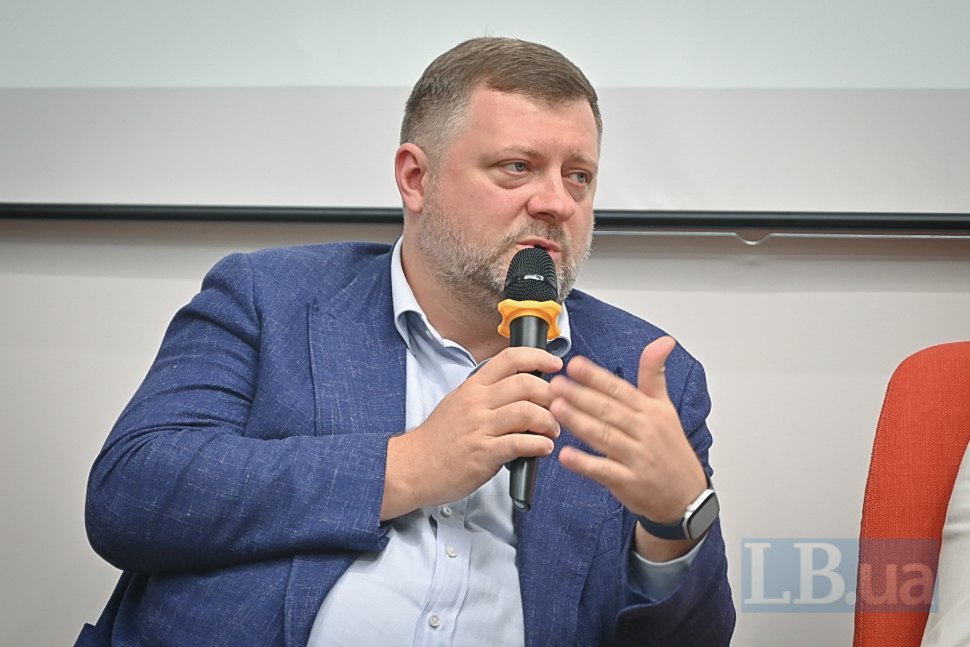
Interestingly, the head of the sociological group Rating noted that, contrary to current expectations, future parties and parliaments will not necessarily consist exclusively of military personnel. Referring to a study by the Westminster Foundation for Democracy, he notes that despite maximum trust in the military and 90% support for their participation in the creation of political forces, in elections, and in government, focus groups show that Ukrainians are not ready to vote for "the guy in pixels," although the demand for new faces is enormous.
"The requirements for a future new politician or new political force remain unchanged. Professionalism, education, responsibility, integrity, honesty, transparency and, moreover, fame, because a party of nobodies, unfortunately, will not receive support," the sociologist noted.
According to businessman Ihor Liski, military rhetoric after the end of the war may be a losing strategy. He recalled the example of Winston Churchill, who won the war but lost the election — simply because people were tired of war.
"Everyone longs for reconstruction, peace initiatives, the economy, prosperity, tranquillity, guarantees, diplomacy. If we say that first there will be a truce or lasting peace, and then elections, this pendulum may swing in the opposite direction from the war. This is human psychology. Feeling tired of everything military, of khaki, of suffering, people will cling to any opportunity for a different life," said Ihor Liski. Therefore, he considers any political ratings of parties or potential presidential candidates to be somewhat amorphous and premature until there are real conditions for elections.
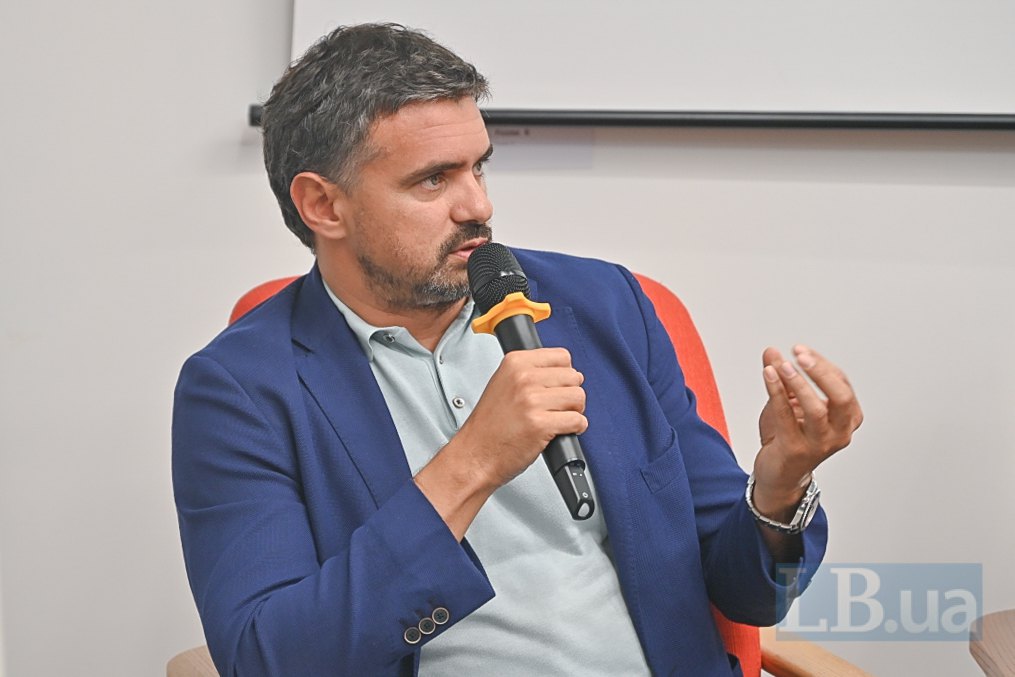
However, politicians, according to Oleksiy Antypovych, should keep their finger on the pulse, as Ukrainians react linearly and instantly.
"Take NABU, for example. So what? The country is going downhill, the president's ratings are down, trust in the government is down. Everything has failed. There are no 'servants of the people' at all.
They rolled NABU back. “My God, what a good government, what a good president.”
Trump's talks with Putin in Alaska. "Oh my God, treason, treason." Everything is down again.
Zelenskyy went to Washington — "Oh my God, how wonderful, God, what a wonderful president, what prospects we have for victory, for negotiations, and in general, tomorrow the war will end," the sociologist cited several recent examples.
Domestic political challenges
The attack on the Cabinet building showed that decision-making centres are at increased risk, but the Verkhovna Rada will find a way to make decisions that are critical for the state, assured First Deputy Speaker of the Verkhovna Rada Oleksandr Korniyenko.
"I think we will find a way to vote [in case of a threat to the Verkhovna Rada building] with our hands, feet, if we need to adopt the budget and pay the military. We will move, transport the system or something," the parliamentarian assured.
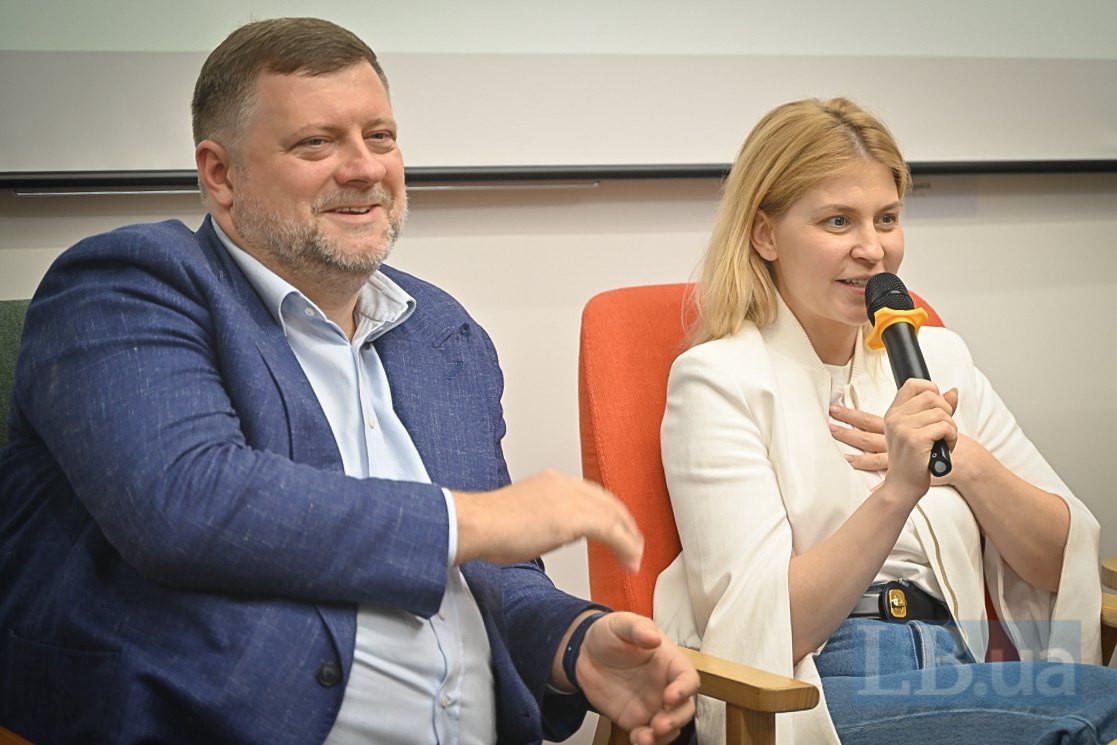
According to him, the Verkhovna Rada will soon vote on a new budget and will also have to make another adjustment to the current one. Military issues are permanently on the agenda — sometimes these are just technical decisions, but they help to improve and speed up the management of the army, as well as European integration.
The latter, the parliamentarian emphasises, poses the most challenges. Ukraine has missed the deadlines for the adoption of three draft laws from the Ukraine Facility package ("money in exchange for reforms"), which is unfortunate for relations with partners, and the budget has suffered losses due to the failure to receive €1.5 billion in funding.
This happened, notes the deputy speaker of the Verkhovna Rada, partly because of the unrealistic conditions imposed on Ukraine by its partners — the Ukraine Facility alone involves 70-odd laws, plus numerous subordinate acts.
"It's one thing to burden the country with reforms at the end of 2022, when we liberated Kherson and a counteroffensive is planned, which for some reason the whole world knows about. It's another thing at the end of 2025. Next year, the Ukraine Facility will end altogether. Europeans had already planned to reform us enormously, we were supposed to open a cluster, but now we find ourselves in a completely different reality," said the first deputy speaker.
Therefore, the Cabinet of Ministers is currently working with partners to change the indicators, in particular in the Ukraine Facility, and a small technical review has already taken place. Negotiations are also underway with the IMF due to the need to increase the budget deficit, as the military has no money to pay salaries for another two months. In addition, according to the deputy head of the Verkhovna Rada, the Ministry of Finance has reached an agreement with the IMF to change strategic planning from "six months in advance" to "more realistic."
In some cases, Korniyenko notes, the work of the Verkhovna Rada is complicated by the intensification of internal political discussions, especially regarding some initiatives of the Ministry of Defence. "It is not yet so critical that it blocks the work of parliament, but it is there," Korniyenko acknowledged.
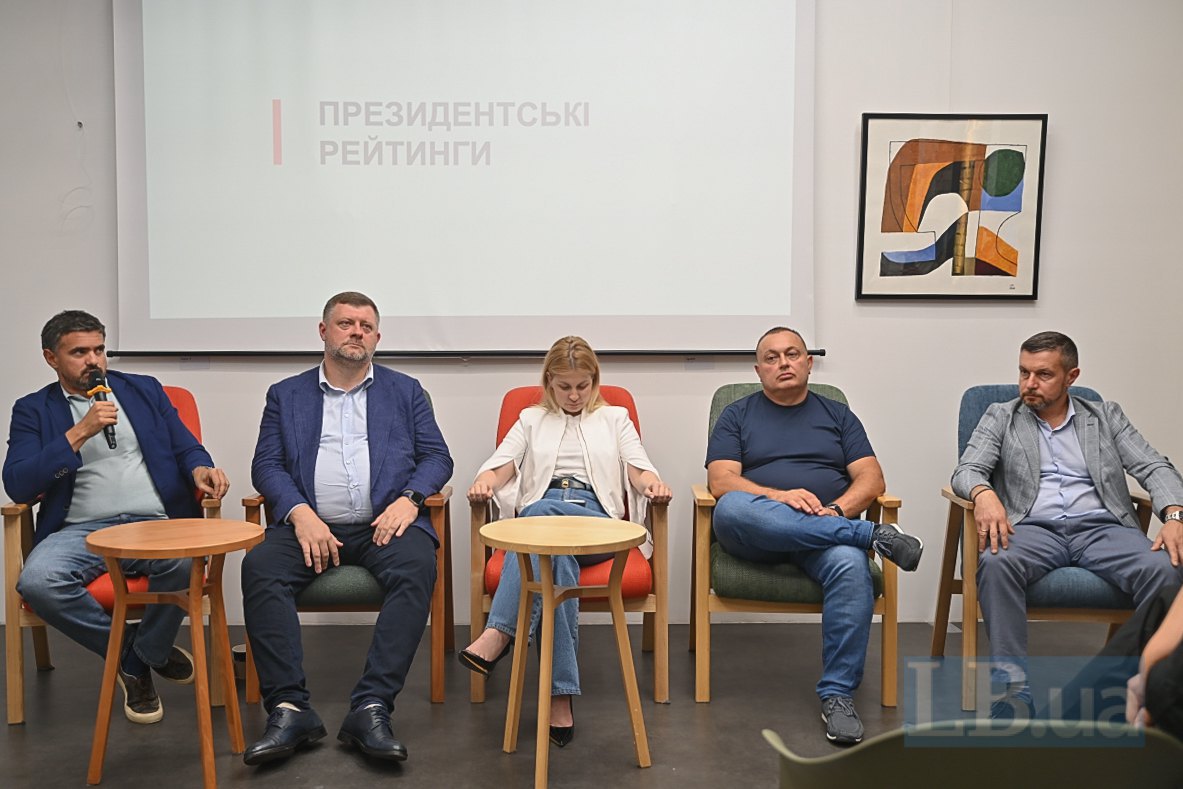
Winning strategy as a critical condition for sustainability
According to businessman Ihor Liski, at a time when the Americans have withdrawn their support for Ukraine and Europeans lack leadership on this issue, Ukrainian diplomats should take a tougher stance to prevent Ukraine from becoming a pawn in the great geopolitical game played by the United States, China, Europe, Russia, Saudi Arabia, etc., and demand a clear plan or strategy for Ukraine's victory from their partners.
"The front is holding thanks to the tremendous resilience of the Ukrainian Armed Forces. It is very gratifying when Ukraine is called the shield of Europe; it gives rise to such inner pride. But Ukrainians were asked if they had signed up to be someone's shield. If we are your shield, then at least don't block our border in the rear. Personally, I was unable to transport cargo last year. So you fight there, and we will protect our farmers here?" noted Ihor Liski. According to him, Europe is also in no hurry to make a decision on the 300 billion in frozen Russian assets or to send troops to Ukraine.
"Let's get together, support Ukraine and send in our troops after a lasting peace. But, excuse me, why should we feed your 30,000 soldiers after a lasting peace? Then we will manage on our own, help us achieve this lasting peace," said the head of the EFI Group.
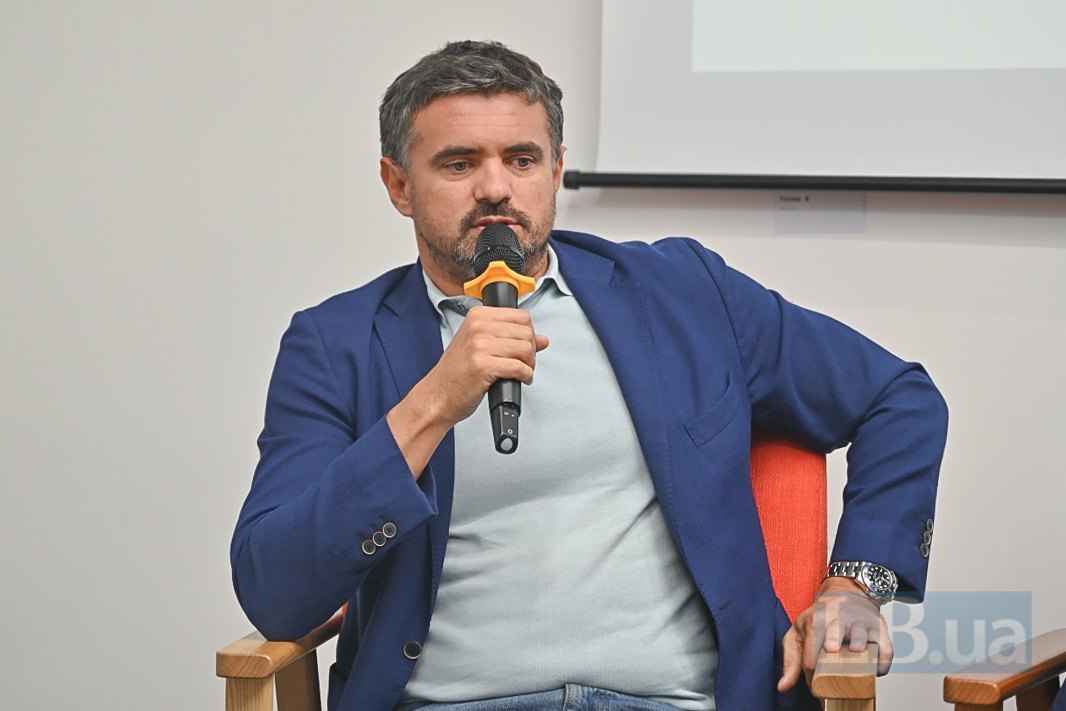
"It's the same story with the United States. Here's a mineral agreement, here's this, here's that. And what do we get? Europeans buying your weapons? I understand that this is a bit cynical. Well, then give us a strategy for victory for Ukraine. For the Armed Forces, for Ukrainians, for Ukrainians who are already building their lives abroad and do not see Ukraine in them," Liski added.
He is convinced that the same strategy for victory must be demanded from the government and parliament in order to maintain internal stability and unity. Without this, he believes, neither the Americans nor the Europeans, nor money will save us.
"We are still holding on, all of us, including businesses, gritting our teeth, but it cannot always be this way. If we see that the war will last forever, that Ukraine is the shield of Europe, then show us what we are fighting for. Why have I been hearing about the introduction of military risks [or insurance programmes] for two years now? We are the shield of Europe, we are defending the civilised world, so give us some kind of special approach.
...If there is no strategy or vision for victory, there are no fools in business. Everyone is starting to restructure and diversify, and Ukraine is becoming less and less attractive to investors in the long term. We need to look to the future," the businessman noted.
And in this future, he added, everyone must understand their place — those who fought, those who lost loved ones, those who remained in the country, those who left and want to return.
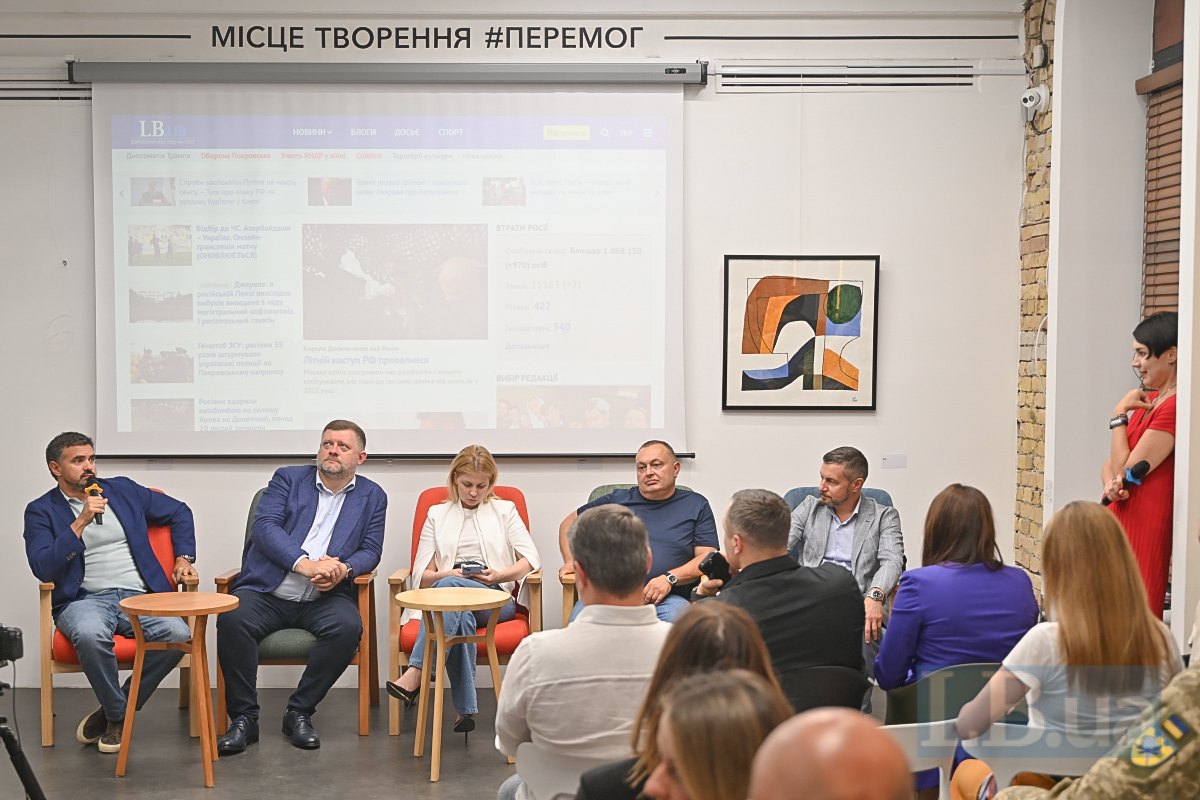
"No Ukrainian has any illusions about the United States, the Poles, or the Turks. Everyone understands that only a strong resource-based economy, powerful Ukrainian Armed Forces, Ukrainian military-industrial complex, and Ukrainian missiles can paint a clear picture of this future," Liski believes. He is confident that the existence of such a strategy will be a powerful unifying factor for society. It will also reduce the level of possible radical manifestations (which, according to Oleksiy Antypovych, are already shared by a quarter of Ukrainians), the businessman suggests.
"The country has already changed significantly, for which we are paying a high price. ... Respect for ourselves, for Ukraine, and for Ukrainian history has grown significantly. I think that the Ukrainian nation has come into being, and I really want us to be able to say very soon that the Ukrainian state has come into being," concluded Ihor Liski.
The discussion can also be viewed in video format:








